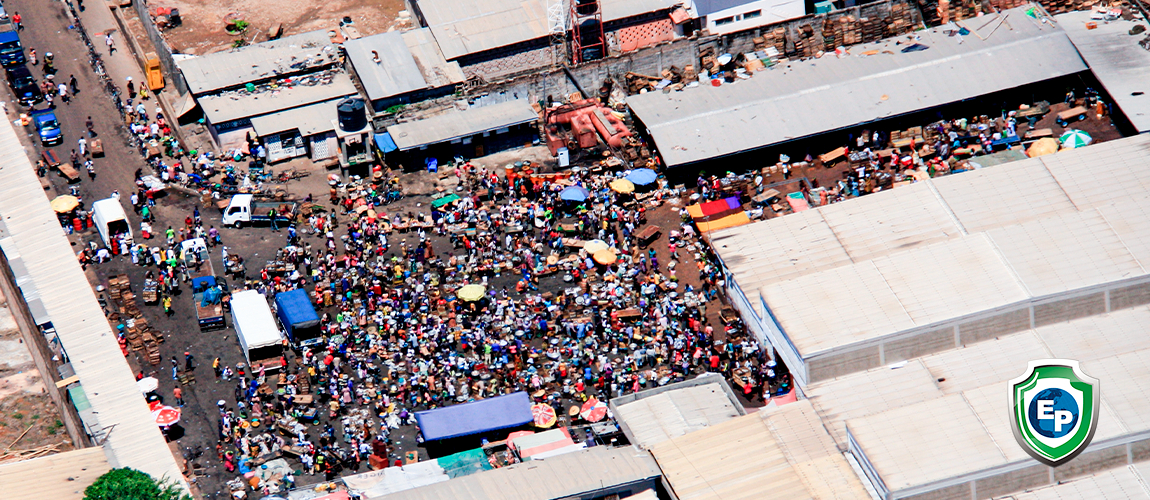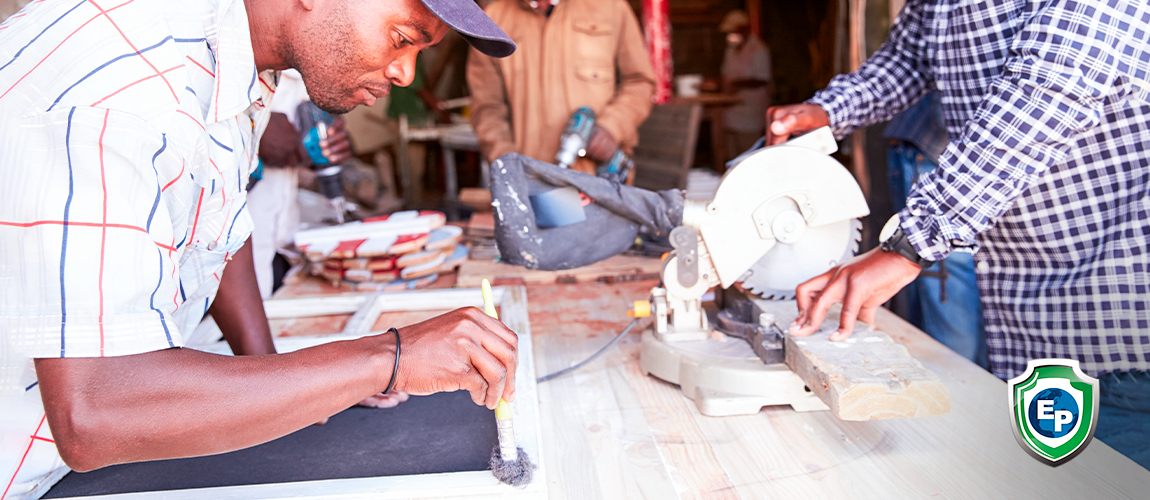How the Diaspora Dilemma Affects the South African Economy
Despite numerous government crackdowns and interventions, illegal trading is still growing in South Africa. Export Portal's B2B trade hub wants to help stop the illegal trade.

We call them ‘spaza shops’ and ironically, the term ‘spaza’ is a colloquialism for ‘play’ or ‘fake.’ These so-called spaza shops are the hallmark of every township or ghetto in the majority of South Africa and beyond its borders. Predominantly owned and operated by Somalian immigrants, these micro-enterprises sell food commodities at competitive prices for locals in townships. The great dilemma that the diaspora faces is that despite the illegal operations that lie in the underbelly of these ‘shops,’ they are a cheaper and more convenient alternative to the registered and more regulated enterprises. To top it all off, these shops are on every corner in the township. Sadly, for the single mother who lives in a shack with her five kids and relies on the government for grant money, these products may be the only way she can afford to feed her family.
Failed ‘crackdowns’ the Mother land’s cry for help
The current reality in South Africa is that the issues of illegal trading of goods especially food commodities have had a devastating domino effect one that implicates the health, legal, trade, economic, social and political system simultaneously. Despite numerous government crackdowns and interventions, these so-called ghetto service providers have remained intact because they have managed to manoeuvre the South African legal system with bribes.
Numerous failed attempts to alleviate or even regulate the running of these shops is proof that an intervention that is beyond the SA’s government needs to take place. There is a need for an external regulatory body like Export Portal to help us start the right conversations to address our dilemma and then provide tailor-made solutions for our uniquely ‘African problem.’

What happens in illegal trade stays on social media
A grim picture is painted in the daily lives of South Africans, especially those of low-income groups. It is these groups that are exposed to poisonous foods and counterfeit goods. Despite so many videos and images going viral on social media about the danger we are in a nation due to illegal trading, the response is a ‘like’ or a retweet on social media. Like Gill Scott Heron said “The revolution will not be televised”, true to his words, rarely do you see this crisis making news headlines. It is shunned and downplayed as the ‘poor people’s problem while the middle class continues to afford goods that are graded, legal and accounted for by the state.
The role of a regulatory body like Export Portal
Export Portal in South Africa will help us start a dialogue and put the country in the centre of the global conversation of illegal trade. It will create a platform of exchange and serve to educate the people affected on what to expect from the foods they consume and the goods they patronize. With such a stringent regulation system, no one, including the state will use the current loopholes to let injustice prevail. Once we all understand the implications of consuming such goods on ourselves, our families and our economy, it will be easier to boycott these spaza shops.
Not only that, but Export Portal will give SMEs the ability to trade internationally. With our comprehensive international trade hub, SMEs can confidently exchange goods and services.






Comments 0